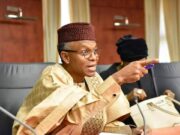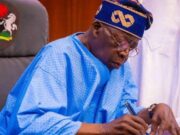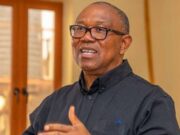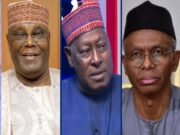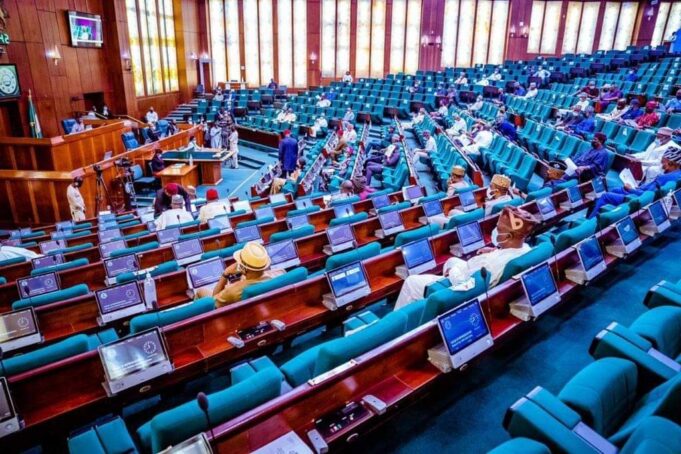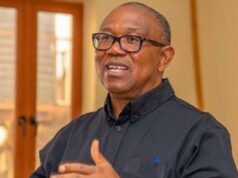
The House of Representatives on Thursday passed a bill for the first reading, aiming to amend the 1999 Constitution to allow independent candidates to contest elective offices in future elections.
The bill, titled “A Bill for an Act to alter the provisions of the Constitution of the Federal Republic of Nigeria, 1999 (as amended) to allow for the participation of candidates who are not sponsored by political parties in presidential, governorship, National Assembly, State Houses of Assembly, and local government council elections,” seeks to broaden the political space.
 Advertorial
Advertorial
Sponsored by Akin Rotimi, the House spokesperson and member representing Ikole/Oye Federal Constituency, Ekiti State, the bill seeks to amend sections 7, 65, 106, 131, 177, and 221 of the constitution.
In Section 7, sub-section 4A, the bill stipulates that “Notwithstanding any other law, any individual eligible to vote or contest an election into the State House of Assembly, shall have the right to be a candidate for election to any local government office notwithstanding that such individual does not belong to, or is not sponsored by any political party.”
 Advertorial
Advertorial
Section 4B elaborates further: “A candidate who does not belong to or is not sponsored by any political party shall only contest an election if (i) In the case of a chairmanship election, such a candidate has obtained the verified signatures of at least ten per cent of registered voters from at least two-thirds majority of all the electoral wards in the respective local government area;
(ii) “In the case of a councillorship election, such a candidate obtains the signatures of at least ten per cent of registered voters from at least two-thirds majority of all the polling units in the respective electoral wards, provided always that the signatures shall be verified by the Independent National Electoral Commission or the State Electoral Commission; and that a registered voter shall not sign for more than one independent candidate in respect of the same office.”
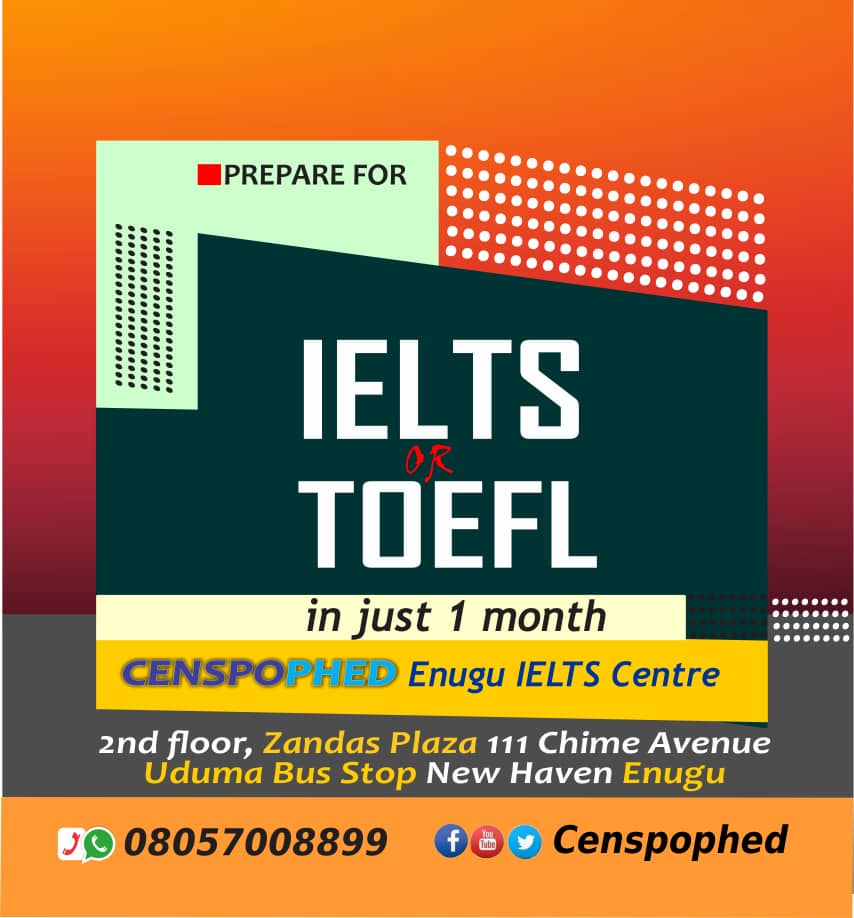 Advertorial
Advertorial
It is noteworthy that a similar bill introduced during the 9th Assembly failed to secure the required approval from State Houses of Assembly.
Speaking to reporters at the National Assembly, Rotimi emphasized the need for qualified individuals, unaffiliated with political parties, to have the opportunity to run for public offices without obstruction.
“This bill will broaden the democratic process, thereby allowing citizens who are not affiliated with any political party the opportunity to run for public offices,” Rotimi said.
 Advertorial
Advertorial
Rotimi, who was elected under the platform of the All Progressives Congress, highlighted that in advanced democracies, individuals can contest for positions as independent candidates.
He added that independent candidates will need to meet specific requirements to qualify for elections, such as securing the endorsement of a certain percentage of registered voters in their constituency.
According to the bill obtained by DAILY GAZETTE, an independent candidate must receive the endorsement of at least 10 per cent of registered voters spread across two-thirds of the constituency.
 Advertorial
Advertorial
Section 221 of the Constitution has also been amended to allow the Independent National Electoral Commission (INEC) to “Develop and publish guidelines and procedures for the nomination, verification, and participation of independent candidates in all elections.”
The bill also tasks INEC with prescribing a security deposit for independent candidates seeking elective offices created by the constitution or any Act of the National Assembly.
At the briefing, Ibijoke Faborode, Executive Director of ElectHer, a non-governmental organization, supported the bill, saying it was aimed at expanding the democratic space.
 Advertorial
Advertorial
“It is democratising the space, you know, for people like you and I to also have access to the electoral process as well and to ensure that every Nigerian is also part of the process,” she said.
Faborode added, “It will also ensure that most vulnerable populations such as women, youths, and persons with disability are given a level playing field, to explore opportunities within the political and electoral system.”


